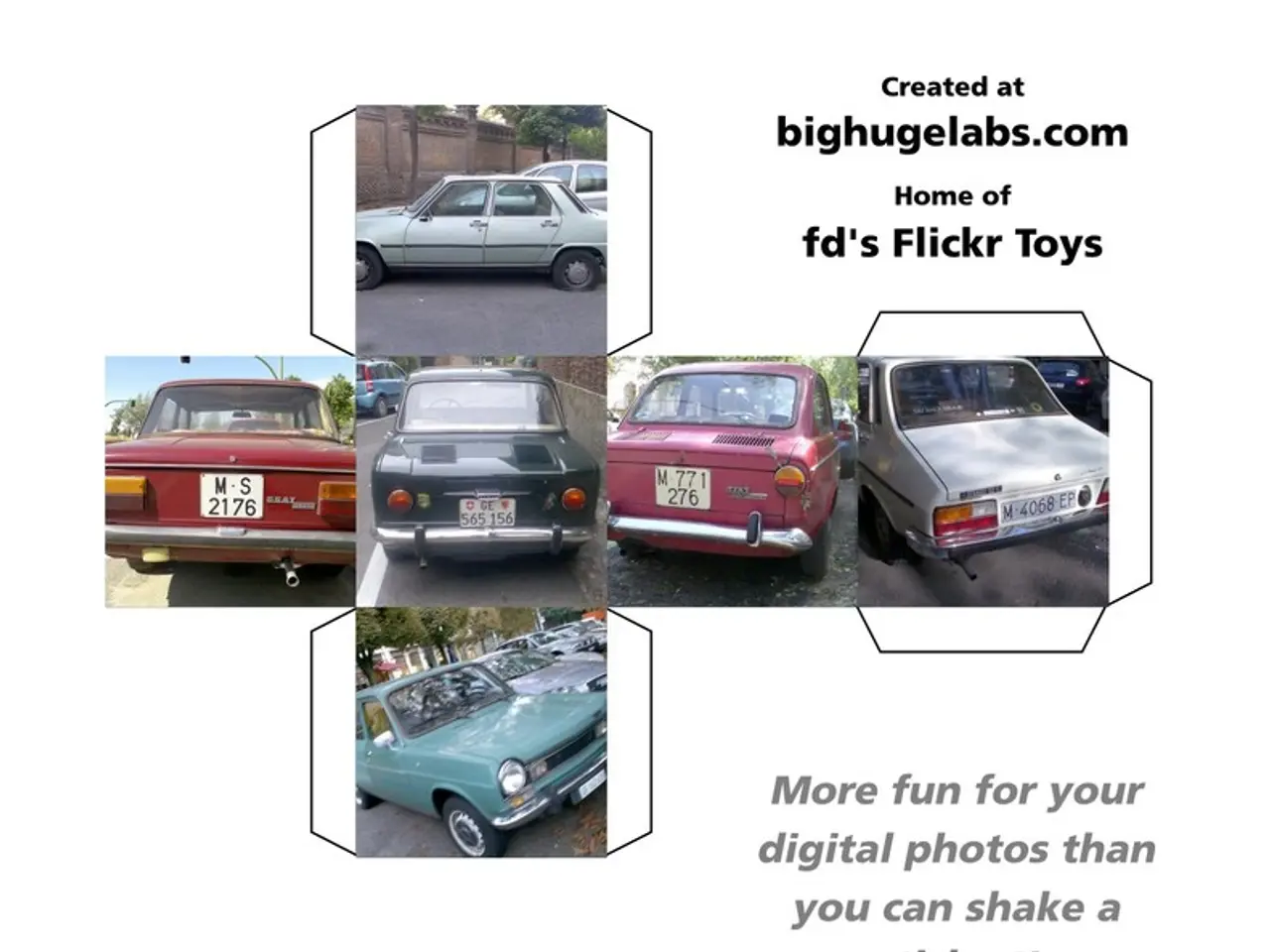Analysis of Profit Margins for Auto Parts Manufacturers in 2020: Strategies for Countering Squeezed Profit Margin
The automotive industry is currently undergoing a significant transformation, with the new decade presenting both challenges and opportunities for automotive parts suppliers. In a free, 80-page analysis report, the strategies, innovations, and solutions for these companies to navigate this industry transformation are explored.
The report profiles the top 20 automotive parts suppliers and their profit margins over the past ten years. Among these are Cummins, Aptiv, Hyundai Mobis, Magna International, Lear Corporation, Robert Bosch Denso Corporation, Continental, BorgWarner, Yazaki Corporation, Valeo, Adient, Sumitomo Electric Industries, Schaeffler Group, Panasonic Automotive, Mahle, Faurecia, JTEKT Corporation, and ZF Friedrichshafen.
Over the last decade, some Tier 1 automotive parts suppliers like Continental have seen their profit margins decrease, especially since 2019 when their automotive segment reported negative EBIT. This trend is largely due to the declining vehicle sales and manufacturing volume the industry has experienced over the past decade. However, parts suppliers that have adapted to electric vehicle and battery technologies have had opportunities for margin growth. Specifically, suppliers focused on traditional combustion engine parts often faced margin declines, whereas those investing in electric vehicle components, battery technology, and software development have positioned themselves for margin improvement.
Tightening vehicle emissions regulations are requiring automotive parts suppliers to make significant investments. As a result, these companies are seeking savings in supply chain, logistics, and manufacturing to stay competitive. Exclusive interviews with Robert Bosch, Denso Corporation, and ZF Friedrichshafen have been conducted for parts supplier strategy analysis, solutions, and recommendations.
The report also analyses the outlook for these companies and offers strategies, innovations, and solutions for margin compression. The new decade offers opportunities for automotive parts suppliers, particularly in the development of CASE technology (Connected, Autonomous, Shared, and Electric). However, it is important to note that the report does not guarantee returns on investment for CASE technology.
In conclusion, the 2020s are expected to be a challenging decade for automotive parts suppliers due to margin compression. However, with the right strategies and investments, these companies can position themselves for success in the rapidly evolving automotive industry.








